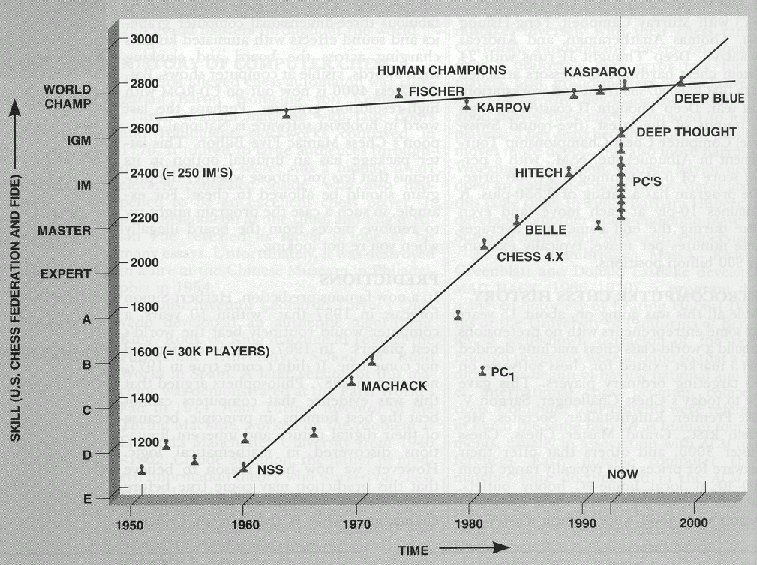Working to reduce extreme suffering for all sentient beings.
Author of Suffering-Focused Ethics: Defense and Implications; Reasoned Politics; & Essays on Suffering-Focused Ethics.
Co-founder (with Tobias Baumann) of the Center for Reducing Suffering (CRS).

(Added a graph that visualizes the naive projection discussed above.)